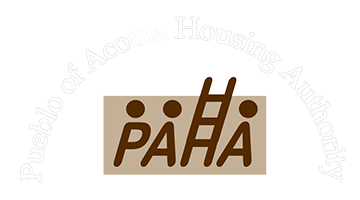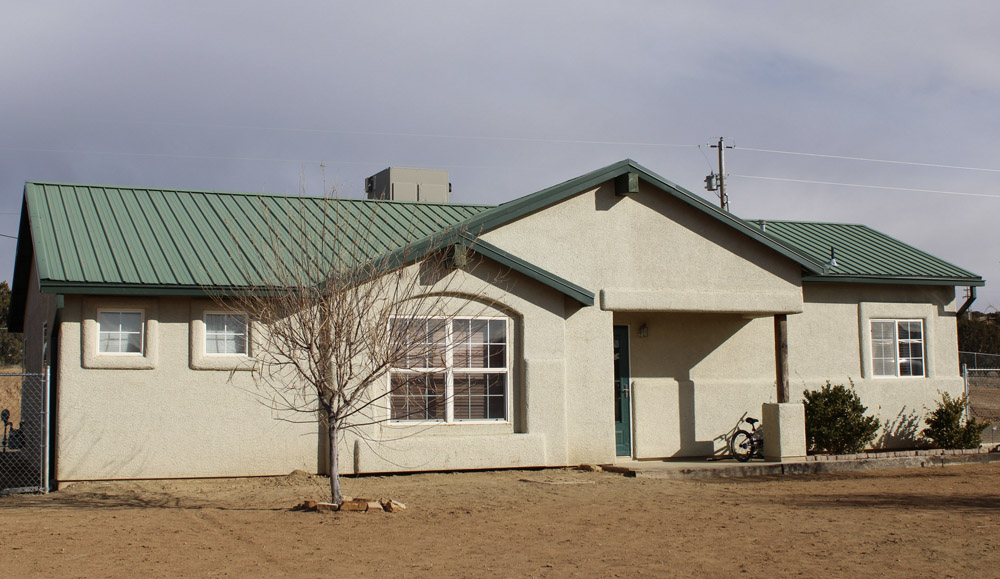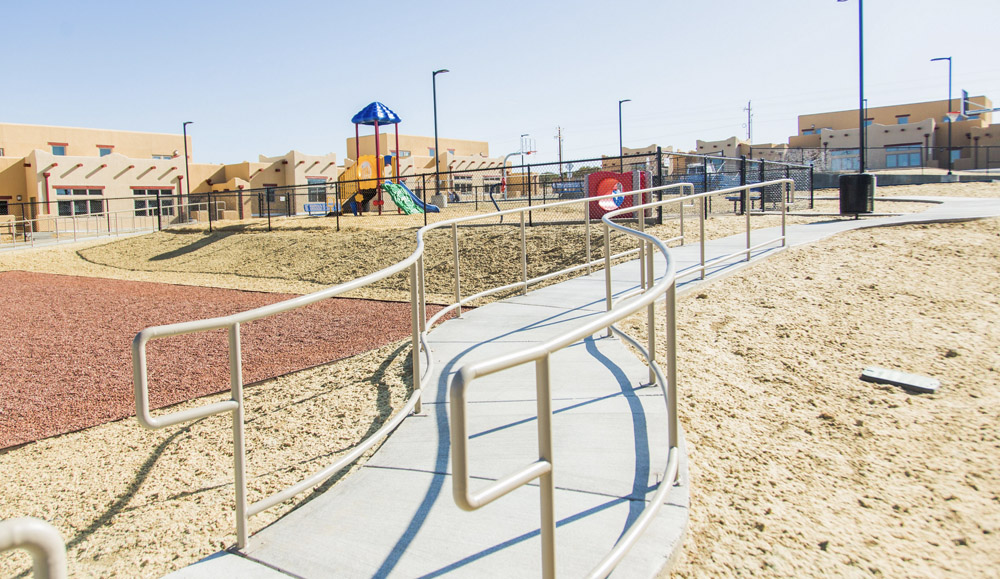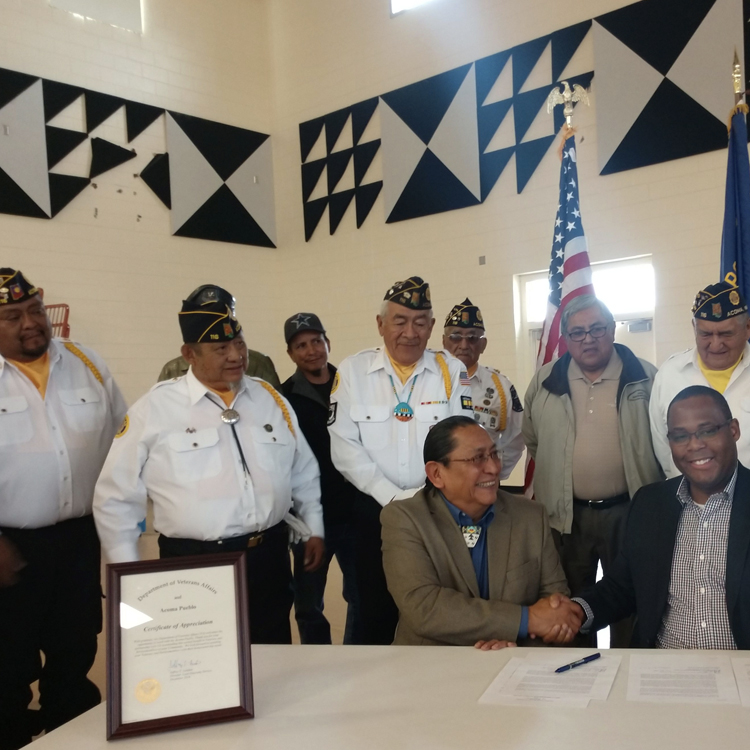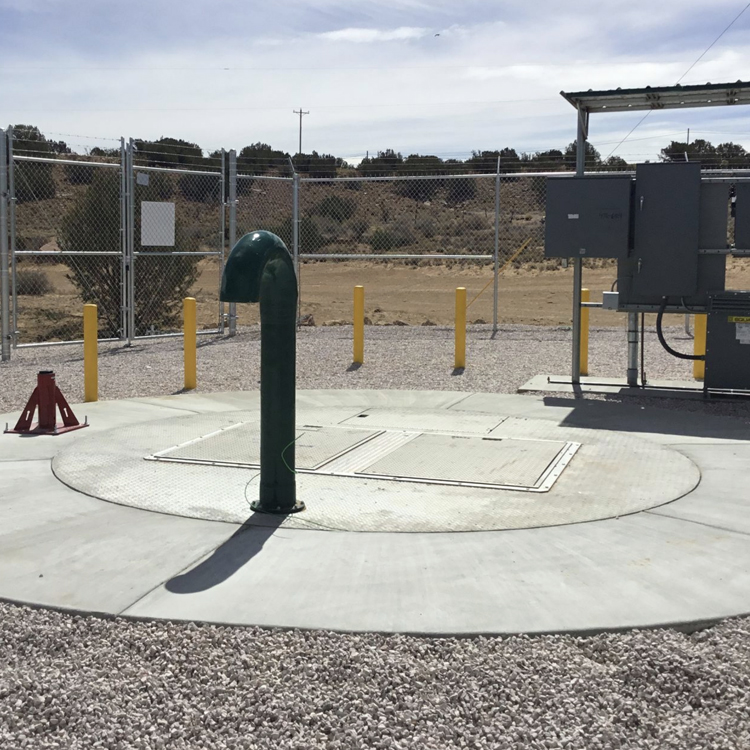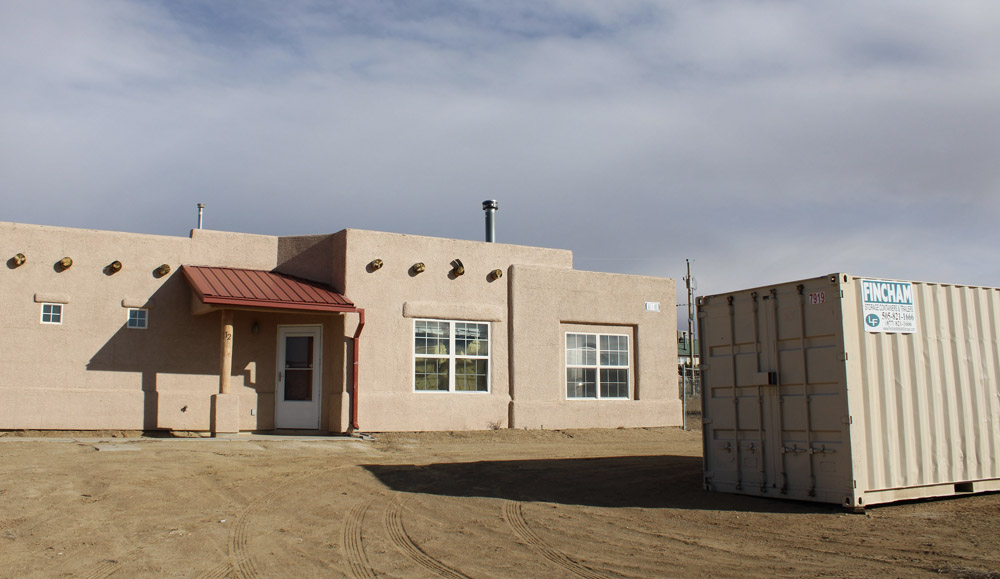Our Programs
In accordance with its Indian Housing Plan Publications page, PAHA offers homeownership, rental, and rehabilitation housing services as well as infrastructure development through several federal programs. The U.S. Department of Housing and Urban Development (HUD) is the primary federal housing provider and funding source for tribal housing activities and is administered through two main block grants – the Indian Community Development Block Grant and the Indian Housing Block Grant (IHBG).
IHBG funding is received under the Native American Housing Assistance and Self-Determination Act (NAHASDA). HUD’s Office of Native American Programs (ONAP) oversees all housing activities for American Indians and Alaska Natives.
For questions or to check eligibility for a program, contact the PAHA Housing Service Department at 505-552-7528 or visit the Departments page for staff emails.
U.S. Department of Housing and Urban Development (HUD) Indian Housing Block Grant (IHBG)
The primary source of funding for housing development on the Pueblo of Acoma comes from the Indian Housing Block Grant (IHBG). IHBG funds may be used for housing development, housing services, crime prevention and safety and creative approaches to model activities that the Pueblo is utilizing to address affordable housing needs within the community. The amount of IHBG funds is in accordance with Acoma’s Indian Housing Plan, which is reported annually to HUD using an Annual Performance Report.
Learn more about IHBG at: https://www.hud.gov/program_offices/public_indian_housing/ih/grants/ihbg.
In 2015, PAHA used its IHBG funds to construct a sewer main extension budgeted at $1 million. The system serves new homes to be constructed, including homes financed by home mortgages.
U.S. Department of Housing and Urban Development (HUD) Indian Community Development Block Grant (ICDBG)
PAHA leverages its funding from the Indian Community Development Block Grant (ICDBG) to help tribal members with housing rehabilitation, infrastructure construction of roads and water or sewer lines and community buildings. ICDBG funding can also be used for land acquisition for new housing construction, some new housing; and a variety of commercial, industrial and agricultural projects. PAHA must apply for the ICDBG single-purpose grant with the intent that the housing activities benefit low-income persons.
Learn more about the ICDBG programs.
From 2012 to 2014, PAHA used ICDBG funds to rehabilitate 21 homes for low- and moderate- income elderly and disabled tribal members and their families. The project addressed the emergency health, safety and accessibility needs of these homes.
U.S. Department of Housing and Urban Development (HUD) Section 184 Home Loan Guarantee Program
Any Pueblo of Acoma tribal member is eligible for a Section 184 Home Loan Guarantee Program. Tribal members may use the loan to 1) purchase an existing home; 2) purchase and rehabilitate an existing home; 3) only rehabilitate an existing home; 4) construct a new home; or 5) refinancing a home. Eligibility is limited to single-family homes and is a fixed-rate loans for 30 years or less. Section 184 cannot be used for commercial structures.
The nationwide Section 184 Home Loan is favorable to tribal members wishing to be homeowners because it has no maximum income limits, a low down payment amount, and loan limit of 150% of the FHA loan limit https://www.hud.gov/buying/loans. Section 184 is available on tribal trust land, allotted trust or fee simple land in an Indian operating area.
Learn more about the Section 184 Home Loan Guarantee Program
U.S. Department of Veterans Affairs (VA) Direct Home Loan Program
The Pueblo of Acoma entered a government-to-government Memorandum of Understanding (MOU) with the U.S. Department of Veterans Affairs (VA) to offer housing opportunities to Acoma veterans through the VA Direct Home Loan Program. The 30-year fixed rate loan may be used to purchase, build or improve a home located on Federal trust land. The loan may also be used to refinance an existing loan.
Veterans must meet all of the following requirements: 1) tribal government must have a MOU with the VA; 2) valid VA home loan Certificate of Eligibility (COE); 3) meet VA credit standards; 4) provide income verification; and assurance that the veterans will indeed live in the home.
Learn more about the VA Direct Home Loan
Bureau of Indian Affairs Housing Improvement Program (BIA-HIP)
PAHA works closely with the Bureau of Indian Affairs Housing Improvement Program (BIA-HIP) to aid tribal members in need of home repair, renovation, replacement or new housing. The program is designed for very low-income individuals and families and those without access to standard housing.
Eligible tribal members must: 1) live in an approved tribal service area; 2) have an income not greater than 150% of the Department of Health and Human Services (HHS) federal poverty guidelines; 3) presently have housing that is substandard and that was not acquired through another federal program; and 4) have zero to limited access to other housing resources.
Learn more about the BIA-HIP
U.S. Department of Agriculture (USDA) Rural Housing Assistance
PAHA utilizes the U.S. Department of Agriculture (USDA) housing loan and preservation grant programs to address housing needs within the Acoma community. The USDA Section 502 Direct Single-Family Housing Program provides loans to` low-income and very low-income households in rural areas to purchase, construct or renovate a home. This unique program provides 100% financing for up to 38 years and offers subsidies to reduce monthly payments to as low as 24% of a household’s adjusted income.
PAHA also uses the USDA Section 504 Single Family Housing Repair and Rehabilitation Loans and Grant Programs to repair homes for very low-income tribal members and families who own and occupy their home, cannot obtain credit elsewhere, and specifically for grants, the recipient must be 62 years or older and unable to repay a repair loan.
Learn more about the USDA’s rural housing assistance programs.
